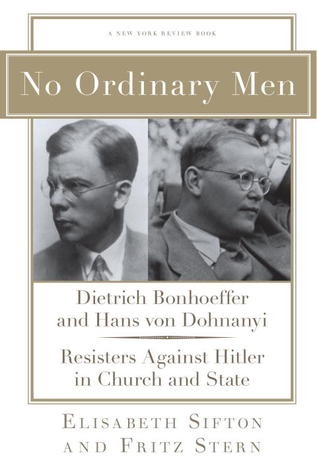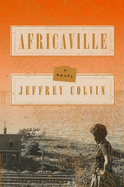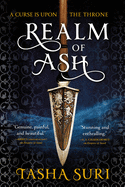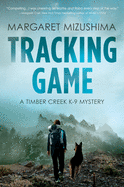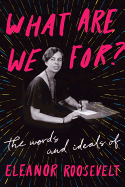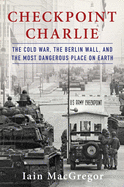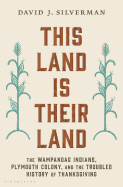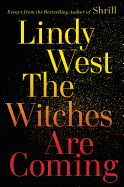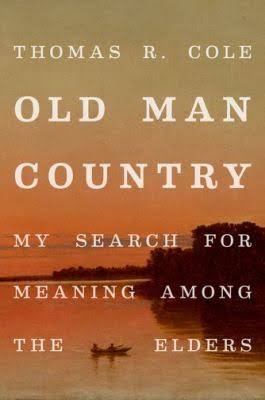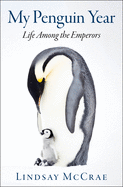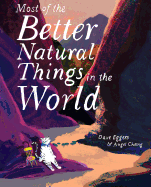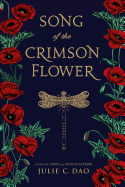 |
| photo: Janet Surrey |
Samuel Shem, M.D., is a novelist, playwright and activist, and professor of Medical Humanities at NYU School of Medicine. His novel The House of God, about medical internship, has sold more than two million copies in the U.S. His other novels include Mount Misery, The Spirit of the Place and At the Heart of the Universe. With Janet Surrey he wrote the award-winning off-Broadway play Bill W. and Dr. Bob and the books The Buddha's Wife: The Path of Awakening Together and We Have to Talk: Healing Dialogues Between Women and Men. He has also written the nonfiction essay "Fiction as Resistance." His new novel, Man's 4th Best Hospital (Berkley, November 12, 2019), is the sequel to The House of God.
On your nightstand now:
I read two books at the same time, one fiction, one nonfiction. This keeps both hemispheres of my brain tuned up. The fiction happens to be a perfect book that I'm re-reading, my tattered hardcover of Gabriel García Márquez's Of Love and Other Demons. Set in the 16th century of a fictional Cartagena, Colombia, it has it all--story, suspense, love and death.
My nonfiction reading is Falter by the writer and activist Bill McKibben, who, for 40-some years, has led the fight to save our planet through a nonprofit he founded, 350.org. The book ranges deep and wide over climate change and explains how to stop global warming.
Favorite book when you were a child:
Who remembers?
Your top five authors:
Shakespeare and Tolstoy: both touched by Divinity.
George Orwell: not just 1984, but also Animal Farm and the nonfiction essays.
Eduardo Galeano: the Uruguayan author of the Memory of Fire trilogy, a riveting story of the Americas from creation through many genocides to our current history. A great tale of resistance.
Graham Greene: The Quiet American is the perfect novel on our folly in Vietnam, and a nonfiction work, Getting to Know the General, tells the story of Panama's former leader Omar Torrijos.
Book you've faked reading:
I don't fake. Reading or anything else.
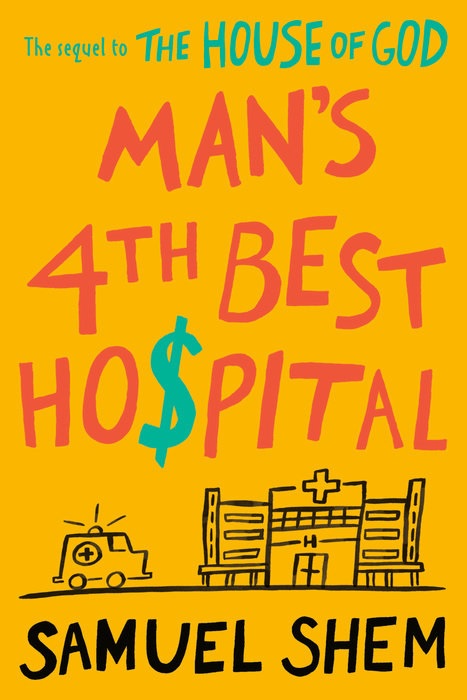 Book you're an evangelist for:
Book you're an evangelist for:
Any volume by Wallace Stevens. A favorite poem is "The Latest Freed Man." And I have to mention Dispatches by Michael Herr. The greatest Vietnam War nonfiction. With '60s cool and incisive truth-telling, it brings atrocity into focus.
Book you've bought for the cover:
Are you suggesting that you can tell a book by its cover? Hmmm.
Book you hid from your parents:
What parents? I was so into books--and sports--that I never quite noticed the parents.
Book that changed your life:
Change my life? So many books, so little changes. My life has been changed by sufferings and loves.
Favorite line from a book:
"The mind creates the abyss, the heart crosses it." From I Am That by Sri Nisargadatta Maharaj, a Bombay shopkeeper and enlightened soul whose dialogues were transcribed in the 1960s. Several of our great American Buddhist teachers, such as Jack Kornfield, traveled to his apartment above his cigarette store to hear him speak.
Five books you'll never part with:
Wallace Stevens, Collected Poems; Joseph Conrad, Heart of Darkness; Vimala Thakar, The Eloquence of Living; Rilke, Book of Hours: Love Poems to God; and Stephen Schlesinger and Stephen Kinzer's Bitter Fruit: The Story of the American Coup in Guatemala.
Book you most want to read again for the first time:
War and Peace. The best summer job I ever had was as toll collector on the Rip Van Winkle Bridge across the Hudson River. I had the midnight-to-8 a.m. shift. After the bars closed at one a.m., traffic slowed way down, and I read. At night on the job, head over heels in love with my now wife, sitting there alone in that quiet booth for hours, reading until first light and the realization of how short the dark of night really was? Well, how could I not fall in love with pretty much everything right then, including Tolstoy and the peaceful war of love?
What is displayed over your writing desk:
A Chekhov quote from a letter to his editor: "The best of writers are realistic and describe life as it is, but because each line is saturated with the consciousness of its goal, you feel life as it should be in addition to life as it is, and you are captivated by it." This set me on my way and keeps me on my way.
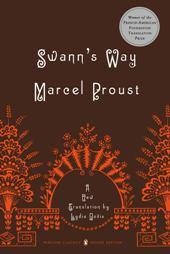 I believe more have started Proust than finished, so how did it go for me? From the beginning and throughout, my mind frequently recalled that convention of the Golden Age of cartoons (of all things) when Bugs Bunny, say, would float above the ground and through a window, beguilingly led by the gravity-defying aroma of the perfect porridge. Or maybe it was pie.
I believe more have started Proust than finished, so how did it go for me? From the beginning and throughout, my mind frequently recalled that convention of the Golden Age of cartoons (of all things) when Bugs Bunny, say, would float above the ground and through a window, beguilingly led by the gravity-defying aroma of the perfect porridge. Or maybe it was pie.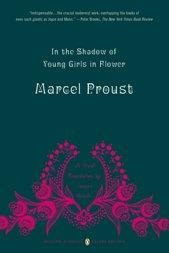 Lydia Davis's translation clinched it in the first volume, carrying me through an open window into the life of my new best friend, our narrator. And I stuck with him--even the times when he is more than a complete ass and is, alarmingly, horribly and cruelly offensive--just as he stuck with me, patiently unfolding a world that is, by many turns, familiar yet also extinct. European culture, of the kind to which we are given entrée, might have been transformed by the Great War, but people not so much. I recognized myself and many others in most every page, while touring a life beyond my reach.
Lydia Davis's translation clinched it in the first volume, carrying me through an open window into the life of my new best friend, our narrator. And I stuck with him--even the times when he is more than a complete ass and is, alarmingly, horribly and cruelly offensive--just as he stuck with me, patiently unfolding a world that is, by many turns, familiar yet also extinct. European culture, of the kind to which we are given entrée, might have been transformed by the Great War, but people not so much. I recognized myself and many others in most every page, while touring a life beyond my reach.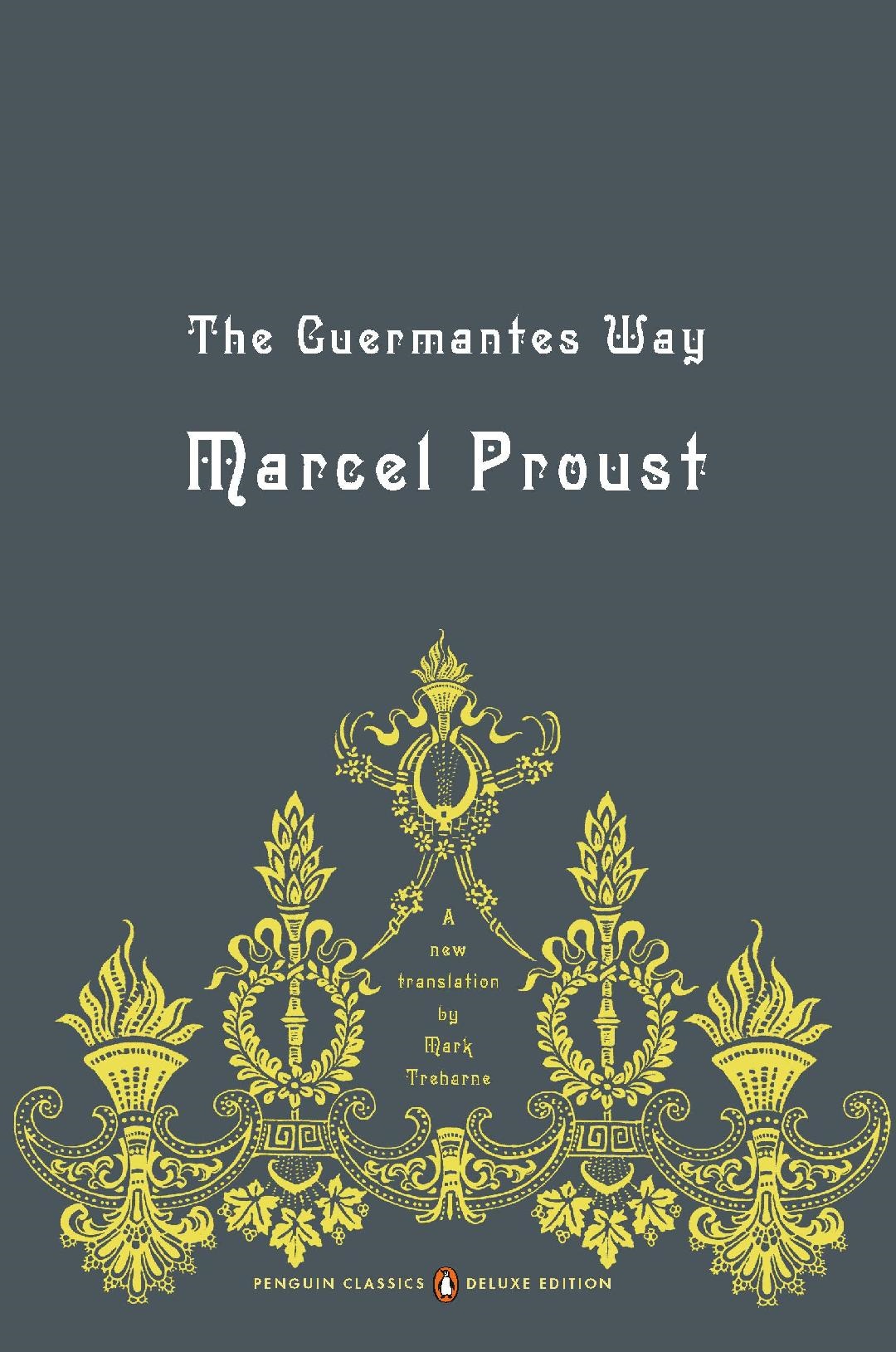 And then it ended, and I've been living with olfactory withdrawal since. Progressing from one book to the next, as many of us do, the completion of one book is to anticipate the next, and that has been the hardest thing about my year of Proust: I haven't wanted to read anything next. What could be next? I have picked up other books since, some finished, others not. Nothing suits. For all that I did find in Proust, I have not found a taste for what comes after.
And then it ended, and I've been living with olfactory withdrawal since. Progressing from one book to the next, as many of us do, the completion of one book is to anticipate the next, and that has been the hardest thing about my year of Proust: I haven't wanted to read anything next. What could be next? I have picked up other books since, some finished, others not. Nothing suits. For all that I did find in Proust, I have not found a taste for what comes after.



 Book you're an evangelist for:
Book you're an evangelist for: